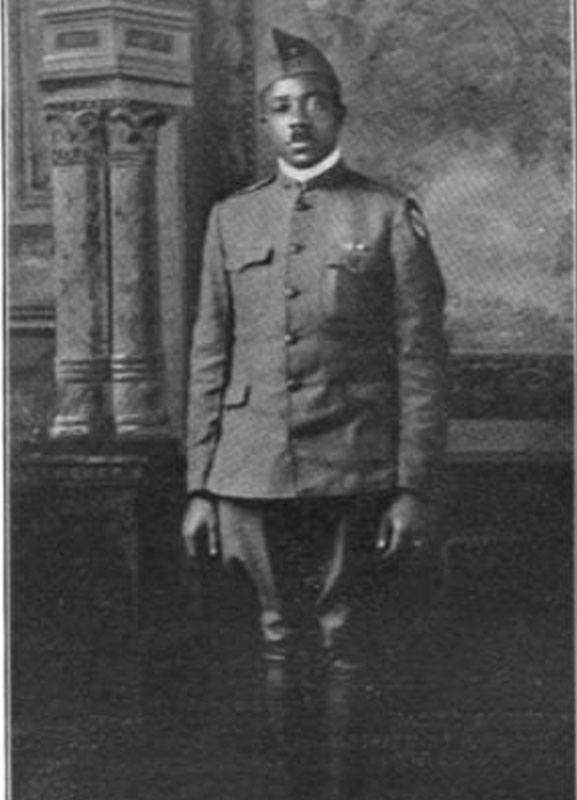
In Honor of Memorial Day: A Soldier's Experience
Memorial Day. A three-day weekend that marks the ending of the school year, the beginning of BBQ and pool season, and the unofficial beginning of American summer. However, this federal holiday was created with a different purpose in mind. Intended to be less a celebratory day off and more of a day of remembrance, Memorial Day is a chance for us to honor the sacrifices of our nation’s soldiers and their families.
While it is hard to generalize the experiences of American soldiers, we’ve chosen the following excerpts to give voice to the humanity of their authors, through sacrifice and glory, perseverance in the face of overwhelming hardship, and across conflicts and centuries. We hope you take the time to read, reflect and share.
Please be aware that the following excerpts contain historical language that is currently considered offensive.
Valley Forge | 1777
The army… marched for the Valley Forge in order to take up our winter quarters. We were now in a truly forlorn condition—no clothing, no provisions, and as disheartened as need be. We arrived, however, at our destination a few days before Christmas. Our prospect was indeed dreary. In our miserable condition, to go into the wild woods and build us habitations to stay (not to live) in, in such a weak, starved, and naked condition, was appalling in the highest degree, especially to New Englanders, unaccustomed to such kind of hardships at home. However, there was no remedy—no alternative but this or dispersion. But dispersion, I believe, was not thought of—at least, I did not think of it. We had engaged in the defense of our injured country and were willing, nay, we were determined to persevere as long as such hardships were not altogether intolerable….
-Joseph Plumb Martin, excerpted in The American Revolution
Washington, D.C. | 1863
Dear Madam,—
I have been shown in the files of the War Department a statement . . . that you are the mother of five sons who have died gloriously on the field of battle.
I feel how weak and fruitless must be any words of mine which should attempt to beguile you from the grief of a loss so overwhelming. But I cannot refrain from tendering to you the consolation that may be found in the thanks of the Republic they died to save. I pray that our Heavenly Father may assuage the anguish of your bereavement, and leave you only the cherished memory of the loved and lost, and the solemn pride that must be yours, to have laid so costly a sacrifice upon the altar of Freedom.
-Abraham Lincoln
Ambrieres, France |1919

On or about December 26, 1918, General Order No. 40 was issued from the headquarters of the 92nd Division. . . . “Military Police will see that soldiers do not address, carry on conversation with or accompany the female inhabitants of this area.” At the time this order was issued we were billeted in the village of Ambrieres, Mayenne. There were white soldiers also billeted in the same village but they did not belong to the 92nd Division and the order did not affect them, hence it was an order for Colored soldiers only. It was not an A.E.F. (American Expeditionary Force) order. It was a divisional order for Colored soldiers. We were living in the same houses with the French people and under the terms of this order we were forbidden to even speak to the people with whom we lived, while the white soldiers of the 325th Baking Co. and the Sub-supply Depot #10 were allowed to address, visit or accompany these same people where and whenever they desired.
-Charles Isum, excerpted in World War I and the 1920s
Somewhere in the South Pacific | 1943
Last night they said we were about 2½ hours from the Jap fleet, but let them come. I came out here to see action and I hope this is the biggest battle of all time and it is also an honor to be on the flagship so I think this baby will give a good account of itself. Most of the crew would rather keep on going and see action than go back to the States. As for me, I would not trade my place with anyone back in the states. I do not know how I will feel when we run into action, but right now I feel in the pink of condition and don’t care how many Japs I run into.
-James J. Fahey, excerpted in World War II
We at Teaching American History thank all veterans and current members of the armed forces for your service.



